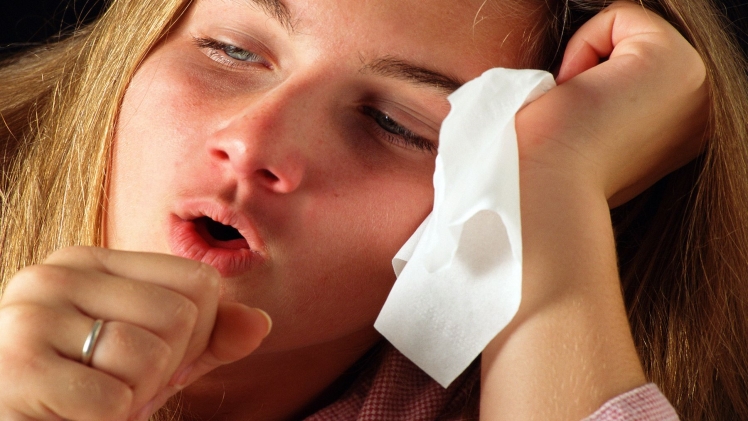When your child has a seasonal cold or flu, it can certainly be difficult to see them struggle with common symptoms such as muscle aches, fever, and congestion. However, sometimes it’s even more frustrating when these symptoms disappear and a lingering cough remains — and never seems to go away.
Different Types of Coughs
Coughs are sometimes labeled by their characteristics or where they originate. For example, a wet cough is one in which some amount of mucus typically comes up or is produced by the cough. This is also called a productive cough, because breaking up and expelling mucus is helpful in getting bacteria out of your system. A dry cough, on the other hand, is considered unproductive. Other types of coughs include:
- Whooping cough
- Chronic cough
- Chest cough
- Croup
A dry cough is perhaps one of the most common types of lingering coughs. If your child has has a dry cough for more than a month, a doctor may also label it as chronic.
Determining the Cause
Firstly, it’s important to understand that children are very vulnerable to the illnesses that are circulating in daycare, school, or extracurricular activity circles. As a result, they may experience back-to-back illnesses for weeks or even months at a time during seasonal outbreaks. Secondly, it’s not unusual for a cough to persist after your child has otherwise recovered from a cold or flu. So if your child is coughing a lot, know that it’s likely a normal part of this process.
A nagging cough can also exist before symptoms of a full-blown flu or without progressing into an illness at all. Still, it’s important to see a doctor about your child’s cough, because there can be other, more serious underlying conditions causing it. Once these have been eliminated as possible causes, you should be able to treat your little one’s persistent cough at home.
Treating at home
If your child’s cough is the result of a cold or flu, homeopathic cold medicine may help. When taken at first sign of symptoms, it can work to reduce the severity and shorten the duration of illness. Brillia Health’s Cold-Flu Recovery allows children to recover more gently, with an over-the-counter treatment that doesn’t use synthetic chemicals. Best of all, it doesn’t have the harmful side effects that many prescription options do.
While your child is sick, provide them with plenty of fluids to drink and a warm, comfy place to rest. Keep them home from school to avoid spreading viruses or other germs.
If your child is already mostly recovered (and deemed no longer contagious) but a cough remains, make sure they have cough suppressant tablets in their backpack. In addition to being great for a wet or dry cough, these tablets can also help relieve any lingering congestion or throat soreness.
Conclusion
When your child is sick, you want to do anything you can to help. Sometimes, prescription medication isn’t the answer, and a more natural approach can help relieve symptoms without all the harmful side effects.

